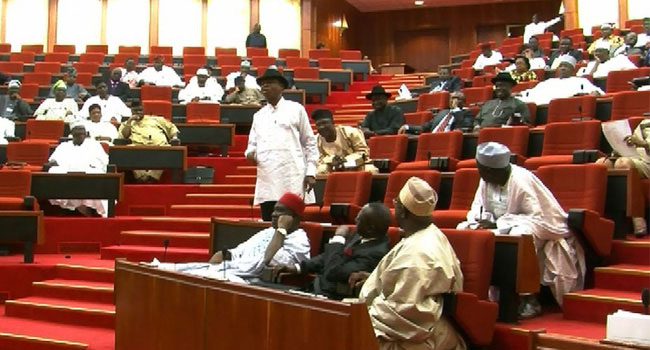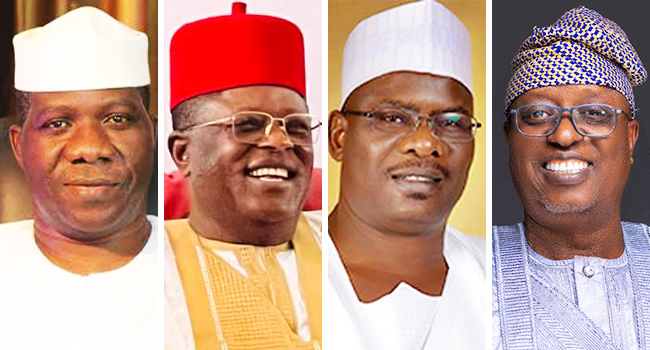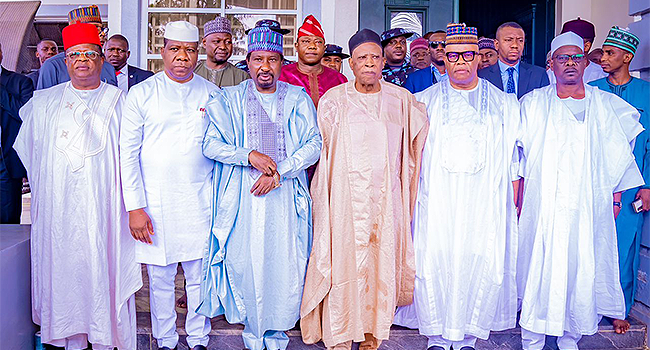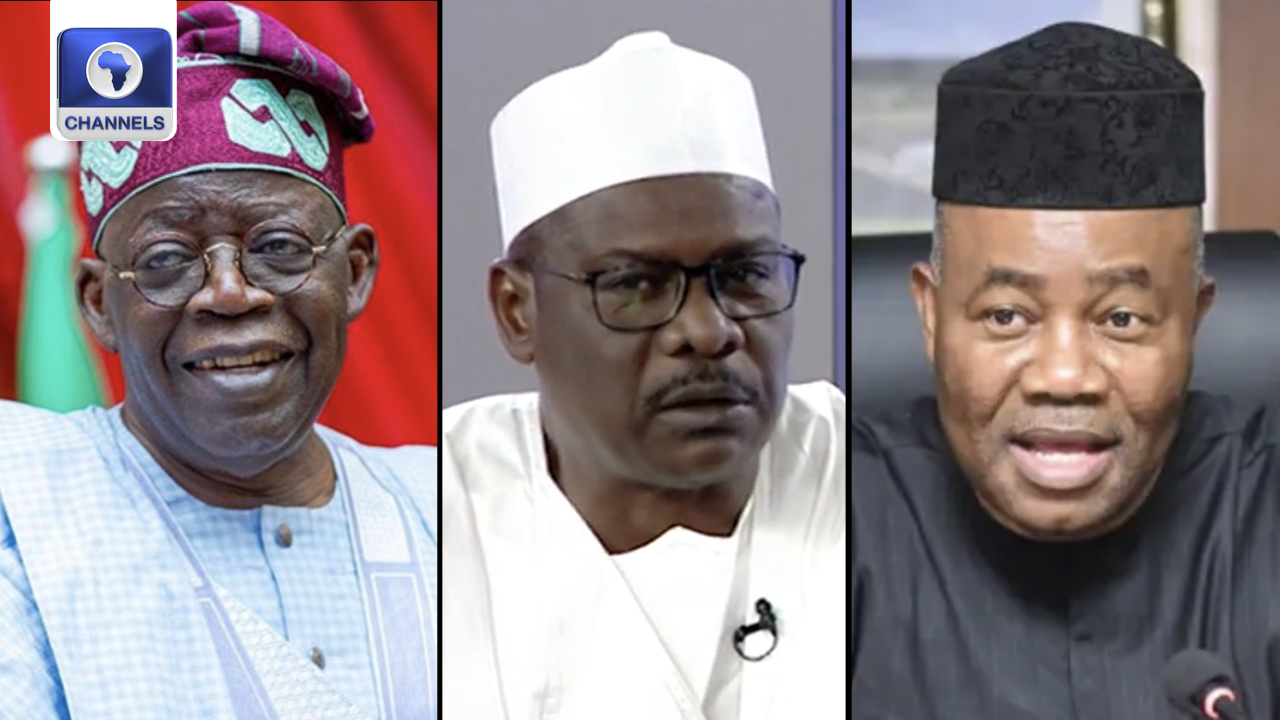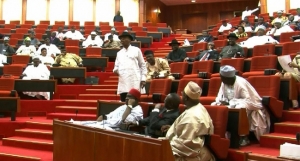
The National Assembly is required to pass the MTEF and FSP before working on the 2017 budget.
At Thursday’s legislative proceedings, Senate Leader, Ali Ndume, drew the attention of the lawmakers to a statement credited to the Minister of Budget and National Planning, Mr Udo Udoma, in a newspaper report.
Senator Ndume said that the Minister allegedly stated that the National Assembly was to be blamed for any delay in the presentation of the 2017 budget.
He also claimed that the MTEF, which the Executive submitted to the Senate was empty, adding that it has hindered work on the policy document.
The lawmaker alleged that attempts to get Mr Udoma to submit the necessary documents on the MTEF to the Senate have been unsuccessful.
He also purported that the Minister has not replied the letter or made himself available for scheduled meetings.
The receipt of the document was acknowledged at plenary by the Senate President, Dr. Bukola Saraki.
Based on the MTEF, the oil benchmark price is put at $42.50 per barrel with 2.2 million barrels of oil production per day and an exchange rate of 290 Naira to a dollar.
The document also states that 65 billion Naira will be spent on the Amnesty Programme while 350 billion Naira will be spent on the special intervention programme in 2017.

